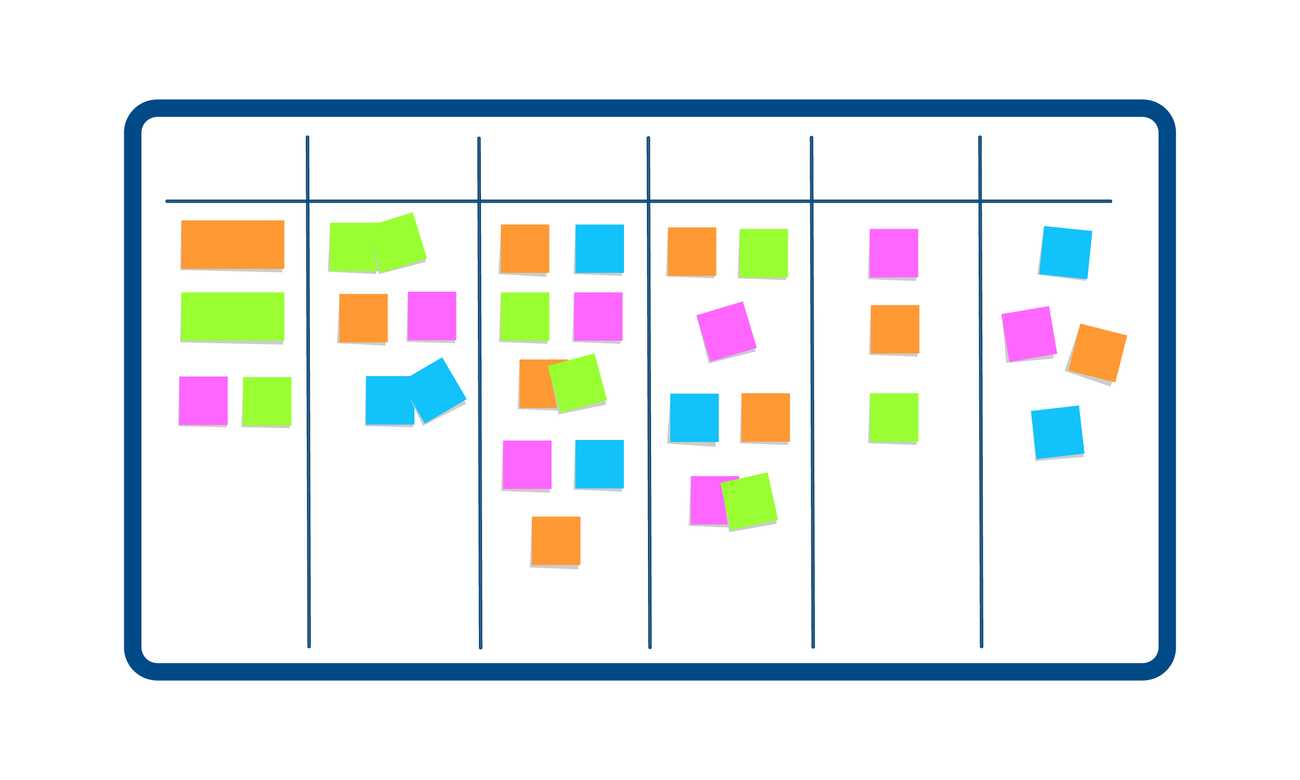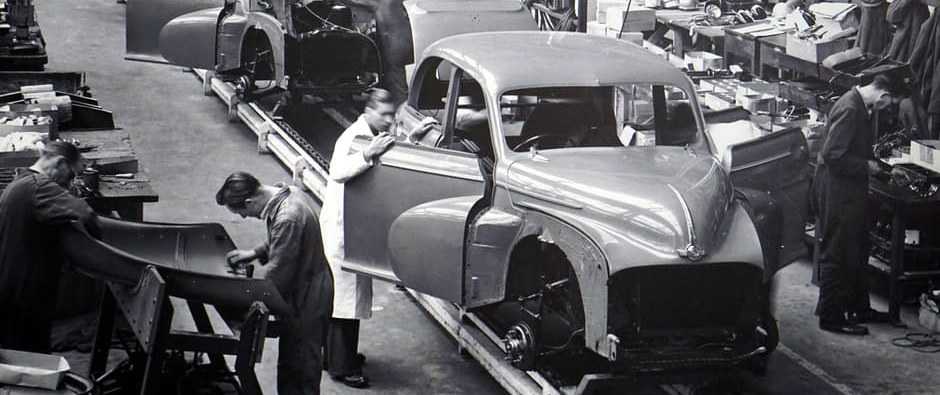Product Owner roles and key responsibilities
Any organization that brings a new product to market most likely has its product development team. It's critical, especially as the project's development becomes more advanced. For example, if current products are being developed or an entirely new solution is being created for the market.
The product development team undertakes many tasks to get the right product to the market. They not only want to meet the company's expectations but also focus on addressing customer needs and challenges of the target market. These teams generate new ideas, discuss technological subtleties, and implement individual design elements.
Today we'll discuss an essential role on the Scrum team that directly impacts product vision, forms business value, and creates a liaison between the development team and the client.
Who is a Product Owner?
The Product Owner has been known in the software development community for several decades and originated as a part of the Scrum agile framework. It's a role for which it is difficult to create a clear, specific definition because, depending on the company, we can meet with a different approach to this position. So often can other positions, such as Scrum Master or customer experience strategy consultant be mistaken for the position of Product Owner. To be fair, they, depending on the company, can have a lot of overlap.
For example, in some companies, the Product Owner is considered to be intensely focused on task execution rather than the tactical area. In this case, such a person is considered someone whose job is to lead the development team through specific tasks in the backlog.
On the other hand, we also have companies that look at the Product Owner as someone who holds a more strategic position in projects and agile frameworks.
Product owner roles and responsibilities
Whether we consider the Product Owner to be a strong strategic person or not, this person significantly influences the vision and direction of the product. So let's look at what such a person does in a Scrum project.
Product Owner is a product visionary
The development team needs specific guidelines to know what they are specifically aiming for in a project. Therefore, the Product Owner creates and develops a particular vision for the product. It consists of the entire concept and a technical description of the solution.
Such a vision provides the development team with the necessary information about what the product should look like, what problems it should solve, and how it should work from the practical side.
Furthermore, for the project to derive maximum benefit from this vision, the Product Owner must constantly communicate with internal and external stakeholders. This way, they can incorporate the customer's needs and the organization's concurrent requirements and goals into the project.
Product Owner takes care of the product backlog and user stories
In addition to the final vision, the development team must have a solid breakdown of the tasks to bring the project to fruition. It's where a product backlog comes into play. It's a document that defines a list of tasks for each sprint.
For the overall project execution to run smoothly, the Product Owner is also responsible for prioritizing tasks according to progress and other factors affecting the team's work. Time is crucial during a project, so the Product Owner must be able to anticipate which elements of a project may take longer and which may take less time. It makes cooperation between teams run smoothly.
Very often Product Owners are also responsible for transforming the Product manager's initiatives into specific tasks for the development team to work on. It’s essential to know the differences between a Product Owner and a Product Manager.
Product owners should know trends and customer needs
Knowledge of the market to which the product will be released is one of the critical foundations of a product owner's work since products are created primarily with the target group in mind.
Therefore, one of the product owner's tasks is to be close to the customers and listen to their needs. In this way, he can stay up to date and thus better understand trends and insights directly from the market. Such information is then used to great benefit by prioritizing things that actually matter to the customer.
One of the tools that Product Owners use to gather information is surveys. They can ask loyal customers for feedback. They can use such details later to evaluate their vision and create a solid argument as to why the product should go in a particular direction.
Working closely with key stakeholders
One of the pivotal aspects of the Product Owner's job is to have a solid understanding and build a good flow of information with stakeholders in the business.
For example, Product Owners often hold meetings with the board of directors and other company executives to ensure there is acceptance on the management side for new features.
In addition, they need to ensure that every person in the company understands the product and what impact it will have on customers' lives. They also often work closely with various departments, from marketing to sales and customer service.
Motivating the development team to help them achieve their goals
Project work has various challenges, so motivation to keep moving forward is an essential part of the team's performance. One of the Product Owner's tasks is to ensure that the project is moving forward and the team is taking the following steps to execute the objectives in the product roadmap phase.
To achieve this effect, Product Owners conduct daily stand-ups and sprint preparation meetings so that the team knows where it stands and is focused on achieving goals at all times. During these meetings, the Product Owner also listens attentively to any comments from the team and gives a broader space to express their opinions. Also, it is essential to appropriately select the various tasks that the PO can assign to the group so that its members remain motivated and inspired.
Taking care of the product quality
Once the product has been created, Product Owners usually let the Scrum Master and Product Manager carry out the roadmap. However, this does not mean that Product Owners are not further a vital role in the project. On the contrary, they gain new key responsibilities.
They continue playing an essential role in improving the quality of the final product. For example, they analyze what has been created and verify that the produced solution aligns with the project's assumptions and vision.
They also constantly communicate with the Scrum Master and Product Manager to discuss any changes that may have occurred during product development.
Filling the communication gap between the product team and the development team
The product and development teams often look at the same project from entirely different angles. Although the result should be basically the same, the characteristics of each team's work affect their approach to tasks. As a result, various questions, doubts, and sometimes misunderstandings can arise on the product-developer line.
It's where the Product Owner comes into play. They are responsible for correctly communicating the product team's vision to the developers so they know what each feature should do for the end user. Such communication makes all user stories and tasks more transparent. In addition, it allows the development team to make progress on the project.
Answering any questions from the development team, if necessary
Sometimes one of the Scrum team members during the work may ask a question about the purpose of the activities or particular tasks in the backlog. Furthermore, one of the developers may stumble on an idea to tweak the product functionality.
Such a person may wonder whether, despite their positive intentions, the execution of such an action will be fully in line with the product vision outlined in the product strategy. Therefore, the Scrum Product Owner must be the point of contact for the team and be able to answer all questions in the product development process. And identify brilliant ideas that may come to light during the product development process.
What skills do Product Owners need to work closely with development teams?
Like any specialist, the Product Owner should have specific skills that enhance their effectiveness and help them work well with Product Managers, Scrum Masters, and developers at all development stages.
Knowledge of the industry
To create a product that responds to user expectations, has an adequate value proposition and selling point, Product Owners should have a solid understanding of the industry in which they operate. They should be characterized by both the knowledge of customer needs and awareness of the latest trends and solutions. As well as knowledge of user engagement metrics and the ability to analyse them effectively. Constant market research and discussions with other specialists can help them with such results.
A set of soft skills
During the development process, a lot is going on, which makes it necessary for specialists to communicate with each other quickly and efficiently. The basis of the work of a Product Owner is the ability to share problems, solutions, and ideas. It is also the ability to solve problems that may arise.
Thus, a good Product Owner is characterized by such skills as active listening, empathy, and flexibility. These abilities help them build the right relationships and ensure they can move forward during the various interactions with all those involved in the development process.
Leadership skills
Product Owners should have skills in managing the people who create this product. They often have to manage several teams at once. So they should also be able to organize their work and that of their teams accordingly. In addition, if the product begins to deviate from its intended course, the Product Owner must be able to share this appropriately and give specific instructions and feedback.
Multi-channel communication
Running a project often requires communication with all the stakeholders across various communication channels. Whether the conversation takes place over the phone or in an email thread, the Product Owner should skillfully lead the discussions, understandably conveying their messages.
However, it is also vital that he or she is aware of how the nature of communication in each channel can affect the other party's perception. In this way, they can avoid contentious situations where there is a difference of opinion or goals.
Conflict resolution
Sometimes in projects, there can be a difference of opinion between the various project members. For example, some stakeholders may find that, in their view, the product vision is not quite in line with their expectations or those of the market.
Conflict resolution skills are essential to avoid unnecessarily aggravating discussions and bring an appropriate consensus.
On the other hand, sometimes stakeholders are right. Then it is worth changing the project's direction, in which case the Product Owner should give up his ego and adjust the vision so that the project is on the right path.
Summary
Regardless of whether we look at this position as a strategic one or not, the role of the Product Owner has been, is, and will continue to be very important in product development. It's a person who works between the customer and the team, so they can be considered the voice of the customer in the IT project.
It is also worth noting that a person in this position, in addition to having a lot of decision-making power over the product vision, also dramatically influences the team's motivation. It translates into a higher-quality final product.








